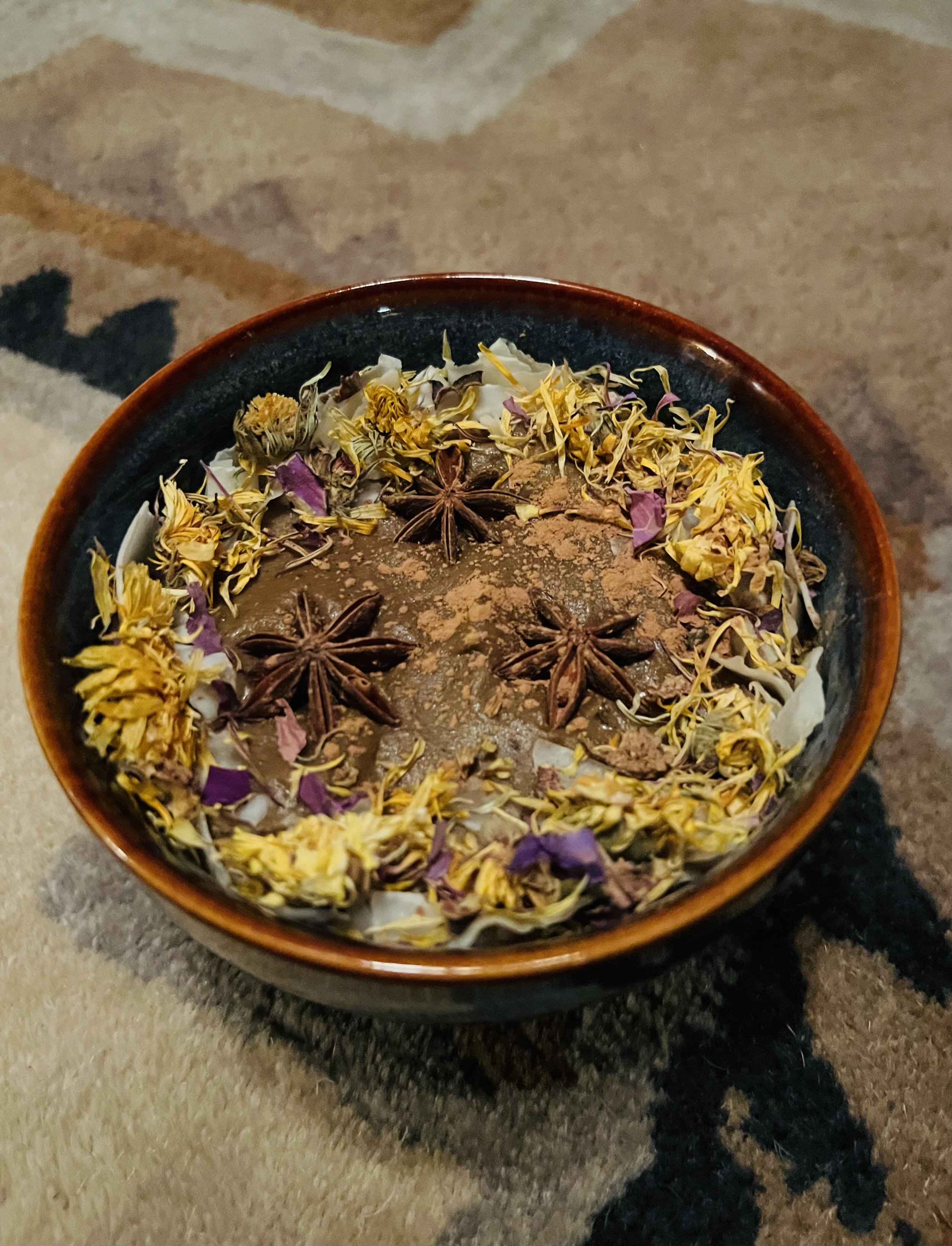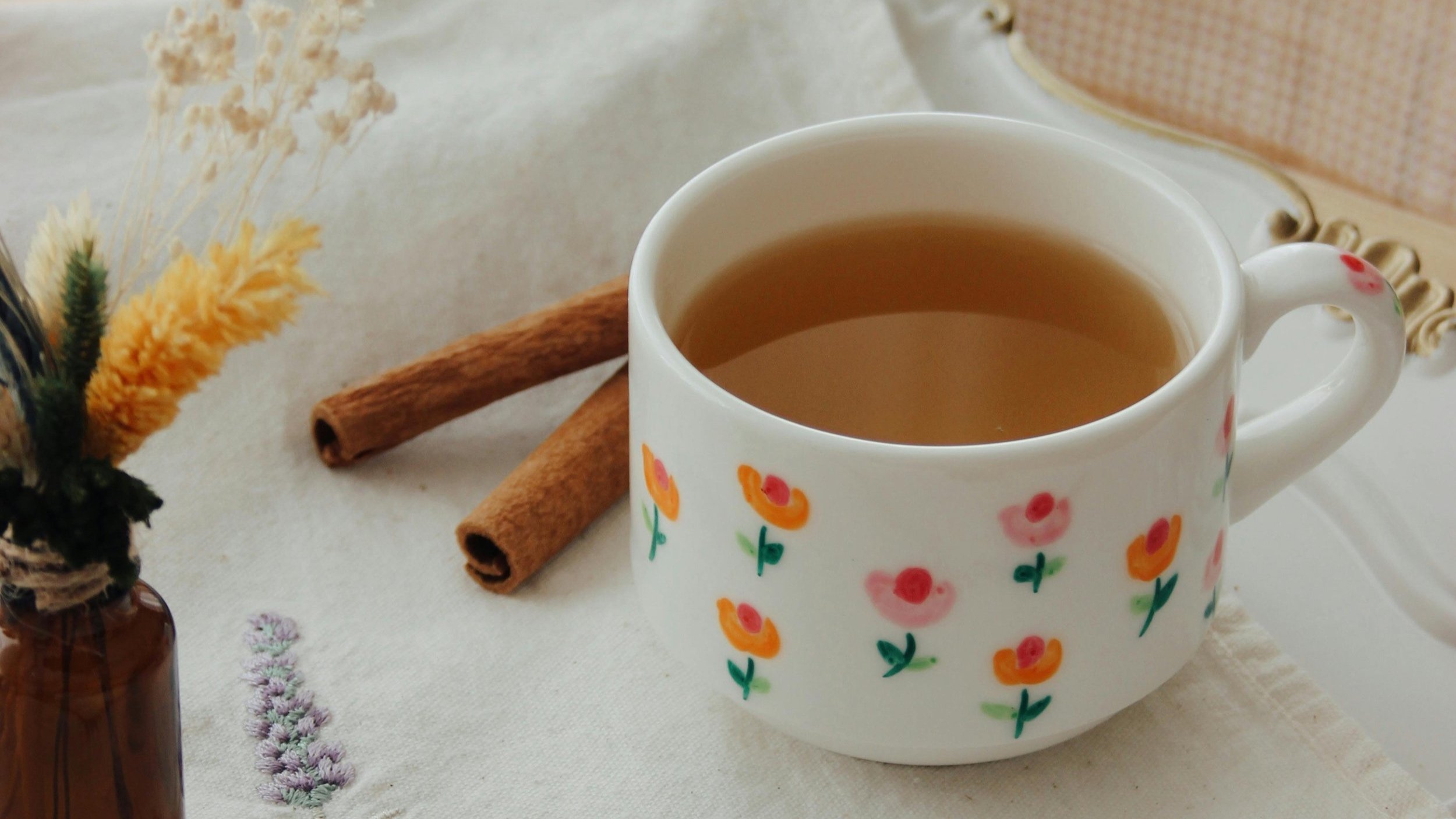WINTER RESOURCES
Holistic Health for Winter Balance
The days have increasingly become darker until we now arrive at the most yin, feminine, darkest night of the year on the winter solstice. The solar energy has externally decreased significantly as we transition into the season of winter with its cold, heavy, slow, smooth, dense and dull qualities. This major seasonal change can affect our mind, bodies and spirits into either further balance or imbalance depending on how we respond.
What can you do to take care of yourself in the coming months? Kapha is one of the three doshas, or constitutional principles, used to describe one’s state of balance and imbalance, composed of earth and water elements. Kapha is responsible for stability, foundation and endurance in our bodies. This deeply grounded energy generally can best be balanced with more stimulation, warming foods and exercise, and increasing spiciness literally and figuratively in our lives. Contrary to our fast-paced culture and pressures for New Year's resolutions, this is actually a time that is not recommended to make any big changes in holistic health systems. Instead, make the most of this time by going inward, resting, contemplating, conserving vital energy and hibernating. Then, ideally wait for the external shifting of spring to embark on any new major changes, such as cleaning, cleansing and other projects requiring a lot of external energy.
Kapha Balancing Lifestyle Recommendations
Take time to go slowly and avoid rushing
Favor dressing in warming colors such as black, red, yellow and orange
Apply sesame oil or customized herbal-infused oil recommendation of choice to the entire body before taking a hot shower for daily self-massage or abhyanga; self-massage calms the nervous system and strengthens the skin, but also muscle tissue, bones, concentration and overall stability
Extra rest and/or Yoga Bidra in the afternoons
Wear a hat outdoors in cold weather, as more than 60% of the body's heat dissipates through the head.
Sipping warm or hot tea/drinks throughout the day
Sit in the sun every day for 20 minutes
Increase Vitamin C and immune boosting herbs like elderberry, echinacea, chyawanprash jam, etc.
Call and talk to someone old who needs a listening ear
Turn off the news for the next few weeks
Watercolor, paint, draw, play in the garden or express with any art form that speaks to your soul
Favor kapha balancing herbs like ginger, black pepper, cinnamon, cloves, pippali, punarnava, licorice and kutkti
WINTER RECIPES
Homemade Herbal Cough Syrup
Ingredients:
1 c water
1″ knob of ginger, grated or minced
½–¾ c raw, local honey
1 organic lemon with peel, sliced thin and seeds removed
6 sprigs of fresh thyme, up to a handful or 1 tbsp dried thyme (fresh contains more volatile oils and is best; lemon thyme can be substituted.)
Directions:
Add water and ginger to a medium size saucepan. Simmer on medium-low for 15-20 minutes until the water has reduced by half. While the water and ginger is simmering, mix and mash the lemon and honey together to release the juices from the lemon. Set aside.
Once the water and ginger has reduced, bring the water to a low boil, then turn off the pot and add the fresh or dried thyme. Cover the pot for 5-10 minutes to steep.
Strain the ginger, thyme and the lemon slices if desired (I usually leave the lemon slices.) Once cooled to 110 or less to ensure the honey retains its raw state, add the lemon, honey and ginger-thyme tea back to the pan and stir to combine.
Pour the syrup into a glass bottle or jar, label and date. Store in the refrigerator for up to a month. Take one teaspoon to one tablespoon every half hour or as needed. Children under1 years of age should not consume honey.
Postpartum Sweet Potato Dish
Excellent for the first critical 42 postpartum days as well as for all ages in the winter months!
Ingredients:
1 medium sweet potato
2 cups almond milk
1 strand of saffron, soaked in almond milk for ~10 minutes
2 Tbsp. chia seeds, soaked in almond milk for ~20 minutes
2-3 dates
1 Tbsp. molasses
½ tsp. nettle, Urtica dioica, a galactagogue
½ tsp. cinnamon
½ tsp. vanilla
¼ tsp. ashwagandha, Withania somnifera
Dash of sea salt
Dash of ground clove
Dash of turmeric
Dash of cardamom
4-6 tsp. ghee
Optional: edible flowers for decoration
Directions:
Bake medium sweet potato for 1 hour or until cooked thoroughly. Remove skin. Place all ingredients except ghee into a blender and puree until a smooth consistency. Add more almond milk if you prefer a soupier texture or for early postpartum days. Heat 2-3 tsp. of ghee in a saucepan to serve each half of the blended mixture, or 4-6 tsp. of ghee to serve the entire mixture. Stir thoroughly until warm.
Yogi Tea
Yogi Tea is health promoting, delicious, soothing and a great coffee substitute. Wherever a 3HO community is gathered, you will notice the heavenly aroma of Yogi Tea. The benefits of Yogi Tea would fill pages. The milk in the tea helps in the easy assimilation of spices, although it is optional. A homeopathic dose of black tea acts as an alloy for all the ingredients, creating just the right chemical balance. While it was not a part of the original recipe, soy or other milk substitutes can be used.
Ingredients:
For each cup:
10 ounces of water (about 1 ⅓ cups)
3 whole cloves (VPK-)
4 whole green cardamom pods, cracked
4 whole black peppercorns
½ stick cinnamon
¼ teaspoon black tea
½ cup milk
2 slices fresh ginger root
Directions:
Bring water to a boil and add spices. Cover and boil 15 to 20 minutes, then add black tea. Let sit for a few minutes, then add the milk and return to a boil. Don’t let it boil over. When it reaches a boil, remove immediately from heat, strain, and sweeten with honey, if desired. You can adjust this recipe to your taste, such as adding more or less cloves.
Optional: Add about ¼ tsp of oregano seeds per cup as a flu deterrent. Decaf tea can be substituted for black tea. For a large batch, bring 1 gallon filtered water to a boil, then add 20 whole cloves, 2” freshly sliced ginger, 20 cracked cardamom pods, 20 whole black peppercorns, and 5 cinnamon sticks. Boil for 3 hours then let sit overnight. Strain the next day and add sweetener to taste. You can reuse the herbs and make a second batch of tea before composting them.





